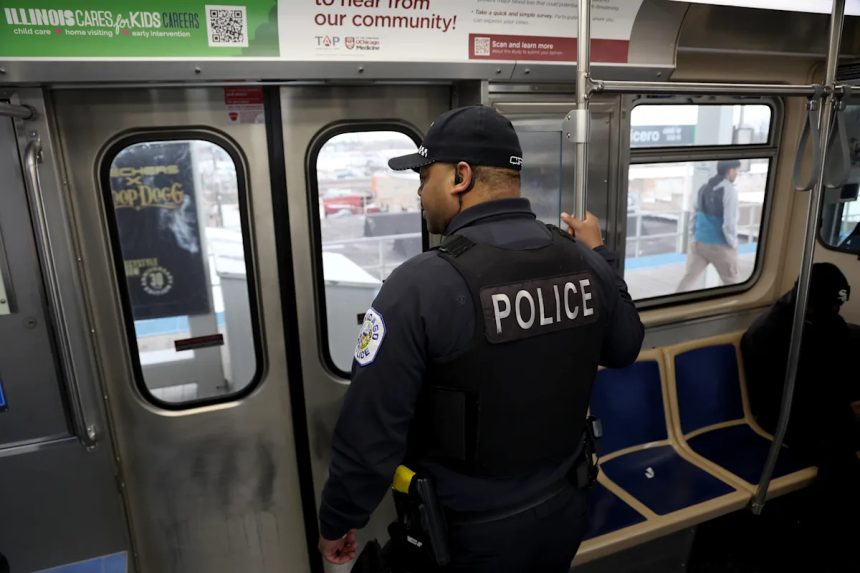Rumors of a “Loop puncher” have swirled in Chicago for months — stories of women attacked seemingly at random. It turns out, there’s more than one man throwing punches, and not just downtown.
Many of us learned of the latest incident through a viral video online posted by Yara Afaneh last Tuesday after she was attacked on the platform at the Loyola CTA Red Line station.
Afaneh, 23, who says she takes the train to work and all over the city, was scrolling on her phone when a man approached her. She became uncomfortable and tried to move away, but the man advanced, landing a closed-fist punch to the back of her head. Police arrested Derek Rucker, 37, of Blue Island, and charged him with two misdemeanor counts of battery in connection with the attack.
He’s been released until his upcoming court date on Oct. 30.
Afaneh said that makes her uncomfortable. It should make all of us a little bit uncomfortable. According to Cook County court records, Rucker has been arrested more than two dozen times in the past two decades, with multiple judges ordering mental health evaluations.
Unfortunately, there are other victims out there — and other attackers.
On Aug. 19, 56-year-old Kathleen Miles was walking past Block 37 on West Washington Street in the Loop with a colleague, heading to a train, when a man approached and punched her so hard she fell to the pavement. Miles suffered severe facial fractures and was left unresponsive for a time.
Police took a man named William Livingston into custody, and ordered him to be held in Cook County Jail pending trial. It turns out Livingston has a long history with law enforcement, including multiple arrests for similar offenses — assault and battery, often against women and, in one instance, a 15-year-old girl.
In 2022, Livingston walked around the Loop and allegedly punched several women, including a DePaul University student named Cami Blechschmidt who was waiting for a ride-share vehicle.
As Blechschmidt described it, Livingston came up and hit her square in the face.
“We made eye contact, and like, he just had pure hate in his eyes. Just anger, pure anger,” she told WGN, adding that “letting him go home is not working.”
Here we are again less than three years later.
We’re left wondering, if these alleged perpetrators are known to the criminal justice system, what exactly has to happen before the system makes it stop?
Yes, arrests have been made, but the fear these men’ s actions created lingers. Whether these assaults stemmed from rage, mental illness or both, they’re a reminder that random violence on our streets erodes the sense of safety everyone deserves here. Chicago can’t look away from incidents like this; it’s not acceptable for women to feel unsafe simply walking to the train in densely populated areas.
Too often, those accused of violent outbursts are cycled through courts without the kind of intervention — mental health or otherwise — that could prevent the next attack. That leaves women to bear the burden of vigilance.
No city can eliminate crime entirely. But a city that accepts women being struck at random as routine has lost something essential — its sense of care for its own.
_____









